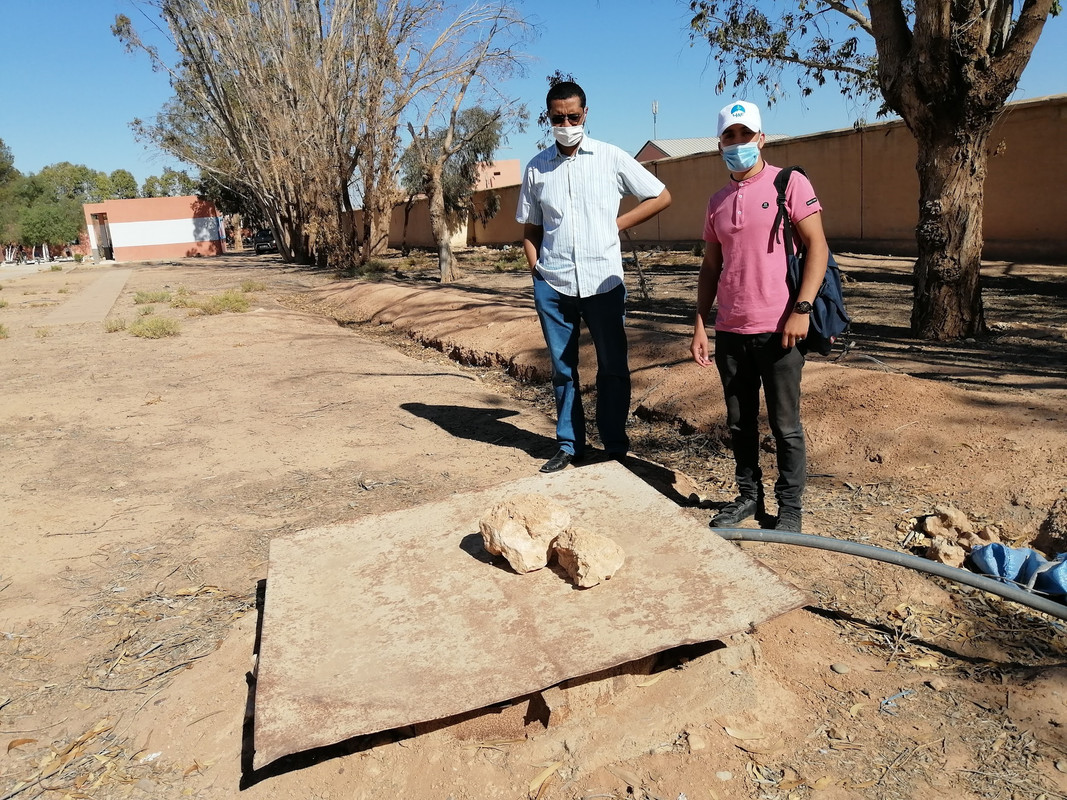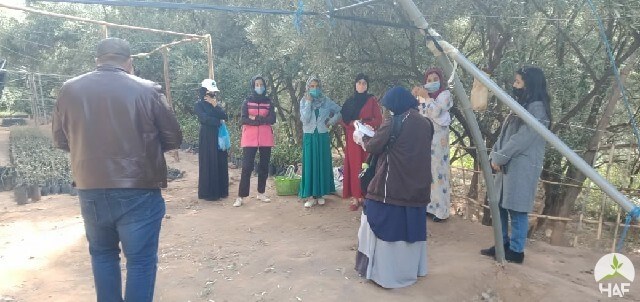On the 19th of November each year, the United Nations celebrates the International Day of Toilets. This day is meant to raise awareness about the situation of 4.2 billion individuals who do not have access to hygiene services such as toilets and also showcase their crucial role in preventing fatal diseases caused by human feces. It also aims to take action against this phenomenon to prevent the world from facing a hygiene crisis and contribute to the achievement of Sustainable Development Goal 6: water and sanitation for all by 2030.
Having access to a toilet might seem simple, however for some, it is a luxury that can’t be afforded. Globally, 1 out of 3 individuals does not have access to a proper toilet. Either they cannot afford one or the environment that they are living in does not allow it; one of the main factors causing a lack of access to proper toiles is the number of people around the world who are living on the streets or in inappropriate houses.
This year, the celebration’s theme is “World Toilet Day 2020: Sustainable Sanitation and Climate Change” which tackles the impact of climate change on hygiene systems around the world. The effects of climate change, such as the rising sea level, floods, droughts, can cause damage to various aspects of the sanitation system, including pipes and purification systems. This can cause wastewater to contaminate underground water deposits, which may result in an enormous health crisis. As the climate change situation is getting worse by the day, its impact is making many hygiene systems vulnerable.
As COVID-19 threatens the lives of millions of people around the world, having a proper hygiene system such as clean toilets, hand-washing areas, and most importantly access to clean water, is crucial because it will help prevent the spread of COVID-19 among individuals and communities. Not having access to these important items will make the fight against the Coronavirus even harder than it is now.

The high Atlas Foundation follows up on the water system of the Imame Boukhari High School
Two out of five schools in the world were not equipped with basic devices for handwashing before the COVID-19 pandemic. These numbers prove that the sanitation systems situation is critical around the world, costing the lives of millions of people around the world, and it can’t be ignored any longer.
As an organization that is striving to enhance the lives of individuals, the High Atlas Foundation is contributing to the sustainable development goals by raising awareness about climate change among individuals of all ages and genders, providing access to clean water in schools where they and rural areas, and also planting trees all over Morocco through its various projects.
HAF has worked with local partners to build bathrooms and water systems for seven schools in Boujdour, two schools in Rhamna, and one school in each of the Al Haouz and Youssoufia provinces. This initiative had more than 180 student beneficiaries in each school and still aiming to help others students around the kingdom.
HAF also contributed to the fight against Coronavirus by providing hygiene products to vulnerable families while raising awareness about how to act during the pandemic. Committing to this cause, the High Atlas Foundation encourages each and every individual to take action for a better hygiene system for everyone.
The UN International Day of Toilets is an opportunity for us to reflect upon the situations of our fellow humans around the world and take the necessary measures to give back and provide this basic right of clean water to everyone.






